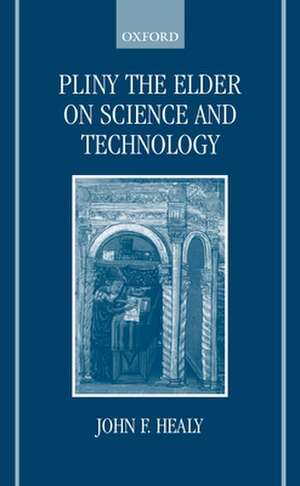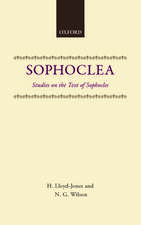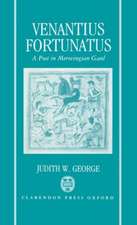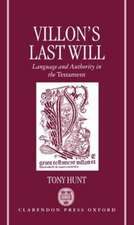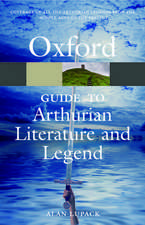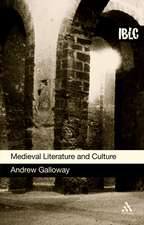Pliny the Elder on Science and Technology
Autor John F. Healyen Limba Engleză Hardback – 24 feb 2000
Preț: 1742.39 lei
Preț vechi: 2653.21 lei
-34% Nou
Puncte Express: 2614
Preț estimativ în valută:
333.42€ • 356.53$ • 277.99£
333.42€ • 356.53$ • 277.99£
Carte tipărită la comandă
Livrare economică 07-14 aprilie
Preluare comenzi: 021 569.72.76
Specificații
ISBN-13: 9780198146872
ISBN-10: 0198146876
Pagini: 484
Dimensiuni: 144 x 224 x 30 mm
Greutate: 0.75 kg
Editura: OUP OXFORD
Colecția OUP Oxford
Locul publicării:Oxford, United Kingdom
ISBN-10: 0198146876
Pagini: 484
Dimensiuni: 144 x 224 x 30 mm
Greutate: 0.75 kg
Editura: OUP OXFORD
Colecția OUP Oxford
Locul publicării:Oxford, United Kingdom
Recenzii
Healy has been faced with the problem of studying in its entirety a text of unusual length and complexity, by one of the most controversial authors of Roman literature: I therefore regard his effort as both seminal and monumental.
Healy successfully combines his expertise in the humanistic disciplines with a confident competence in the experimental sciences, both equally for the advantage of the reader, who will find the book a very useful, deep and detailed reference text to understand Pliny's account of science and technology better than ever before. Also, Healy must be credited both for the simplicity and clarity - neither at the expense of accuracy or completeness - in the treatment of the subject matter.
One can only praise Healy's courage in embarking on this study, and in trying to give Pliny due credit for his contributions to the natural sciences.
... fills a long-standing gap ... Healy's book marks the first attempt to systematically scrutinize Pliny's description of materials, processes and phenomena which fall under the realm not only of chemistry, but also of physics and of the earth sciences.
This book is a significant contribution as a textbook and (essential) reference point for anyone interested in the history of science or Pliny's massive and often neglected work: for making Pliny accessible to scientists, and some of the science accessible to some classicists, Healy deserves much credit.
Healy successfully combines his expertise in the humanistic disciplines with a confident competence in the experimental sciences, both equally for the advantage of the reader, who will find the book a very useful, deep and detailed reference text to understand Pliny's account of science and technology better than ever before. Also, Healy must be credited both for the simplicity and clarity - neither at the expense of accuracy or completeness - in the treatment of the subject matter.
One can only praise Healy's courage in embarking on this study, and in trying to give Pliny due credit for his contributions to the natural sciences.
... fills a long-standing gap ... Healy's book marks the first attempt to systematically scrutinize Pliny's description of materials, processes and phenomena which fall under the realm not only of chemistry, but also of physics and of the earth sciences.
This book is a significant contribution as a textbook and (essential) reference point for anyone interested in the history of science or Pliny's massive and often neglected work: for making Pliny accessible to scientists, and some of the science accessible to some classicists, Healy deserves much credit.
